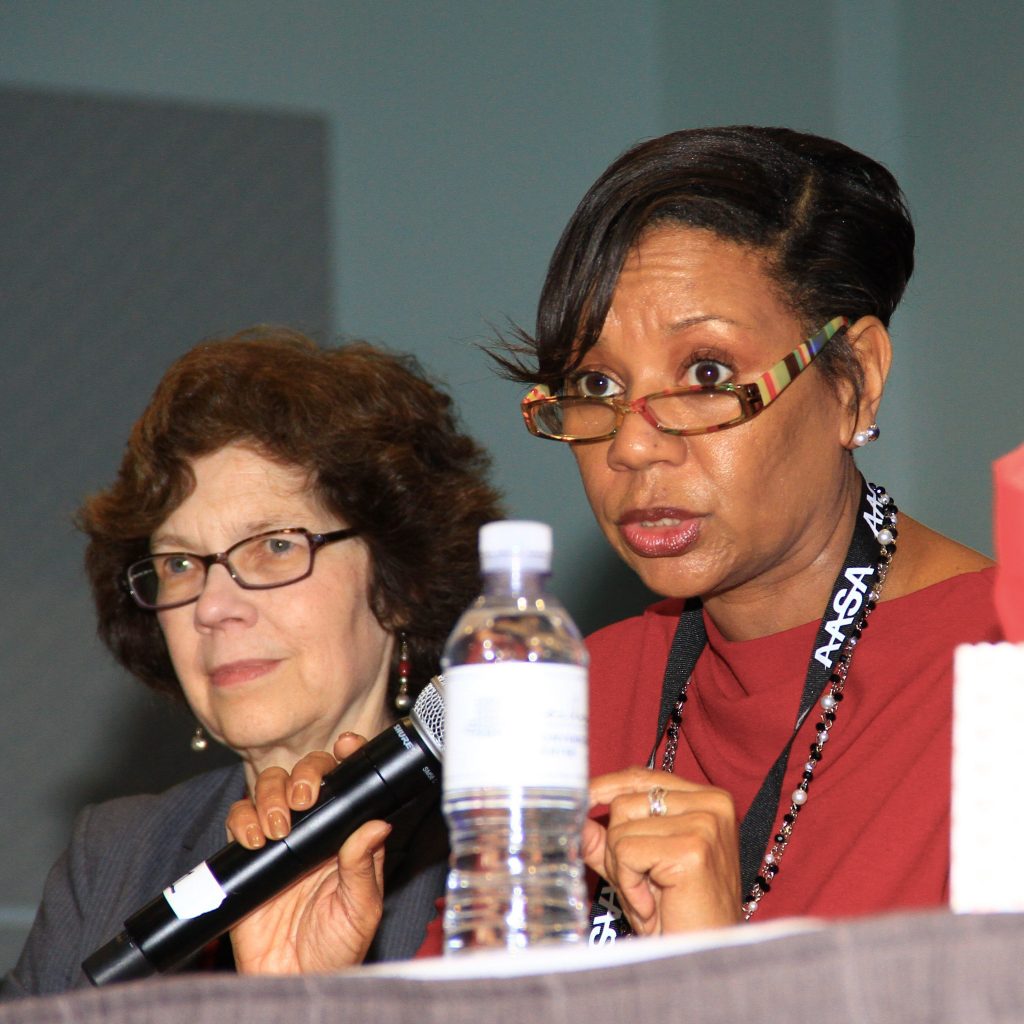Sustaining a principal pipeline helps to cultivate a steady supply of well-prepared and well-supported new principals for schools, according to the newly published study report from The Wallace Foundation and Policy Studies Associates.
At an AASA national conference session on Thursday, Nicholas Pelzer, senior program officer of the Wallace Foundation, described key components of an effective pipeline for principals.
The two organizations began an eight-year study in 2011 of a principal-pipeline strategy in six urban school districts, including Charlotte-Mecklenburg Schools in North Carolina, New York City Department of Education in New York and Prince George’s County Public Schools in Maryland.
According to Pelzer, the study identified four major components of effective principal pipelines – evidence-based standards, high-quality preservice preparation, selective hiring and placement and an aligned on-the-job evaluation.
When districts followed these strategies, Policy Studies Associates found they got better in placing new leaders in schools. They based this finding on novice principals’ feedback and district leaders’ reports.
“Preparation – getting them (principal candidates) ready for principalship – became a focus of programs set up in districts,” said Brenda Turnbull, the study’s lead researcher. Turnbull found that over the eight years, districts maintained every component of pipeline strategy for preparing their novice principals. She stressed that districts should not copy each other. Instead, every district should adapt its own strategy.
Marcia Goldson, interim CEO in Prince George’s County, Md., and a participant in this study, shared Turnbull’s conclusion, adding, “One size does not fit all … and a preparation program should align to the districts’ needs.”
School districts should constantly promote what works and identify problems in the pipeline process, according to Goldson.
Alvin Wilbanks, superintendent of Gwinnett County Public Schools in Suwanee, Ga., attested to the positive effect brought by pipeline strategy to his school district. As the school system grows, districts need more principals and qualified principal candidates, and pipeline strategy has been helpful to achieve this purpose, he said.
Wilbanks shared his district’s strategy for sustaining a healthy principal pipeline by hiring newly retired principals as mentors to support candidates for principal and assistant principal positions.
(Yingjie Wang is a graduate student in journalism at USC and an intern with AASA’s Conference Daily Online.)

